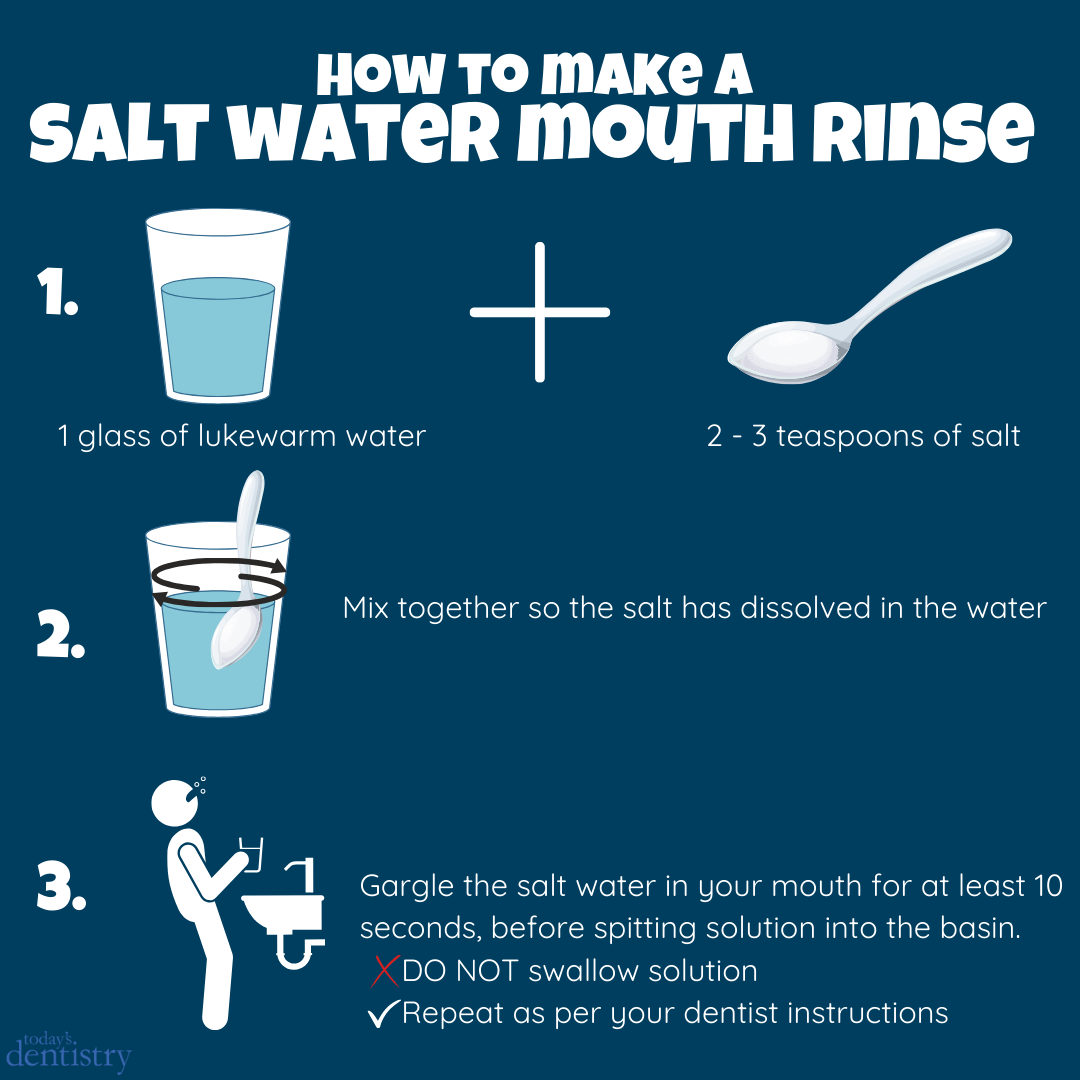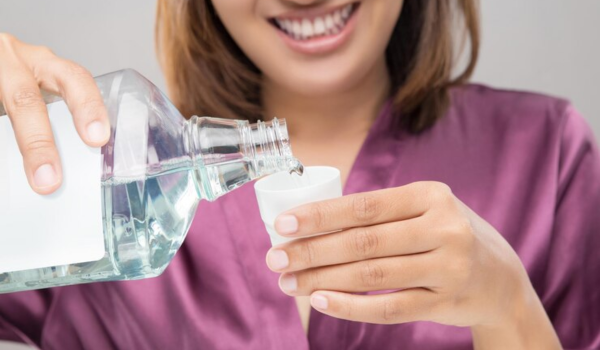Is Salt Water Good for Periodontal Disease? Benefits Guide
Is Salt Water Good for Periodontal Disease? Exploring Its Benefits and Limitations

Periodontal disease, encompassing conditions like gingivitis and periodontitis, affects a significant portion of the adult population. These diseases lead to inflammation, bleeding gums, and, if left untreated, tooth loss.
While professional dental treatments are essential, many individuals seek adjunctive home remedies to alleviate symptoms and support oral health. One such remedy is the use of salt water rinses.
But is salt water truly beneficial for periodontal disease? In this comprehensive guide, we’ll delve into the science behind salt water rinses, their benefits, potential drawbacks, and how they can be integrated into a holistic oral care routine.
Understanding Periodontal Disease
Periodontal disease begins with gingivitis, characterized by red, swollen, and bleeding gums.
If not addressed, it can progress to periodontitis, where the inflammation extends deeper into the supporting structures of the teeth, potentially leading to tooth mobility and loss.
The primary culprits are bacterial plaque and tartar buildup, which irritate the gums and trigger an inflammatory response.
The Science Behind Salt Water Rinses
Salt water, or saline solution, is a simple mixture of salt (sodium chloride) and warm water. Historically, it’s been used for various medicinal purposes due to its natural properties:
- Antibacterial Action: Salt creates a hypertonic environment that draws water out of bacterial cells, leading to dehydration and death of the bacteria.
- Osmotic Effect: The salt draws out excess fluid from swollen tissues, reducing inflammation and promoting healing.
- Cleansing Properties: It helps dislodge food particles and debris from between teeth and gums, reducing the risk of infection.
These properties make salt water rinses a popular choice for managing minor oral health issues.
Benefits of Salt Water Rinses for Periodontal Disease
- Reduces Inflammation and Swelling: The osmotic effect of salt water helps draw out excess fluid from swollen gums, alleviating inflammation and discomfort associated with periodontal disease.
- Antibacterial Properties: Salt water rinses can reduce the bacterial load in the mouth, helping to control the progression of gum disease.
- Promotes Healing: Regular rinsing can aid in the healing of gum tissues by creating a conducive environment for tissue repair and regeneration.
- Temporary Pain Relief: Salt water can provide temporary relief from the discomfort and pain associated with gum inflammation and irritation.
Limitations and Considerations
While salt water rinses offer several benefits, it’s essential to be aware of their limitations:
- Not a Substitute for Professional Care: Salt water rinses are adjunctive measures and should not replace professional dental treatments like scaling and root planing.
- Temporary Relief: They provide short-term benefits and may not address the underlying causes of periodontal disease.
- Potential Irritation: Overuse or high concentrations of salt can irritate oral tissues and exacerbate symptoms.
- Sodium Intake: Individuals with conditions like hypertension should consult with a healthcare provider before using salt water rinses regularly due to the sodium content.
How to Prepare and Use a Salt Water Rinse?
To make an effective salt water rinse:
Ingredients:
- 1 teaspoon of salt (preferably sea salt)
Instructions:
- Dissolve the salt in 8 ounces of warm water.
- Swish the solution around your mouth for 15–30 seconds.
- Spit out the solution; do not swallow.
- Repeat 2–3 times daily, especially after meals.
Ensure the solution is not too concentrated to avoid irritation.

Integrating Salt Water Rinses into Your Oral Care Routine
While salt water rinses can be beneficial, they should complement, not replace, standard oral hygiene practices:
- Brushing: Brush your teeth at least twice daily with fluoride toothpaste.
- Flossing: Floss daily to remove plaque and food particles between teeth.
- Regular Dental Check-ups: Visit your dentist regularly for professional cleanings and assessments.
- Diet: Maintain a balanced diet and limit sugary foods that can contribute to plaque formation.
Salt Water vs. Other Mouth Rinses
While salt water is a natural and cost-effective remedy, it’s often compared to commercial mouthwashes. Here’s how it stacks up:
| Feature | Salt Water Rinse | Commercial Mouthwash |
| Cost | Virtually free | Varies depending on brand |
| Availability | Easy to prepare at home | Available in pharmacies/stores |
| Chemical Ingredients | None | May contain alcohol, chlorhexidine, etc. |
| Taste | Mild and salty | Minty or flavored (may sting) |
| Effectiveness | Mild antibacterial action | Stronger antimicrobial and plaque control |
| Long-Term Use | Generally safe | Some may cause staining or irritation |
Salt water is excellent for short-term relief and healing, while commercial mouthwashes may be better suited for long-term bacterial control, particularly when prescribed by a dentist.
Natural Additions to Salt Water
You can amplify the benefits of a salt water rinse by incorporating other natural ingredients:
- Baking Soda: Adds alkalinity, which neutralizes acids in the mouth.
- Hydrogen Peroxide (in moderation): Adds antibacterial action (consult your dentist before use).
- Essential Oils (e.g., tea tree, clove): Have natural antiseptic properties; add only 1 drop per cup of rinse.
Caution: Always consult a dental professional before experimenting with additives, especially if you have sensitive gums or active infections.
Who Should Use Salt Water Rinses?
Salt water rinses are safe for most people and especially beneficial for:
- Individuals with early signs of gum disease (gingivitis)
- Those recovering from dental surgery or procedures
- People with ulcers, mouth sores, or irritation
- Patients with dry mouth (xerostomia)
- Pregnant individuals, as a natural alternative to chemical-based rinses
However, if you have a salt-restricted diet due to conditions like hypertension or kidney issues, consult your doctor before regular use.
DIY Recipe Recap: Salt Water Rinse
Here’s a simple and safe recipe you can make at home:
Ingredients:
- 1 teaspoon of natural sea salt or Himalayan pink salt
- 1 cup (8 oz) of warm, filtered water
Instructions:
- Mix thoroughly until the salt dissolves.
- Rinse your mouth with the solution for 30 seconds.
- Spit out; do not swallow.
- Use up to 3 times per day, especially after brushing or meals.
When Salt Water Isn’t Enough?
If you experience any of the following, salt water alone won’t be sufficient:
- Persistent bleeding gums
- Gum recession or tooth loosening
- Pus around the teeth or gums
- Bad breath that doesn’t go away
- Pain while chewing
These are red flags for moderate to severe periodontal disease and require professional intervention. Delaying treatment could lead to tooth loss, bone loss, and even systemic issues like cardiovascular disease.

Combining Traditional and Holistic Care
Salt water rinses exemplify how natural remedies can work in harmony with modern dentistry.
By combining the wisdom of traditional healing with the precision of professional care, patients can achieve better oral health outcomes.
Recommended routine for those with mild periodontal symptoms:
- Brush with a soft-bristled toothbrush and fluoride toothpaste
- Floss daily
- Use salt water rinse after meals
- Attend biannual dental cleanings
- Limit sugar and processed foods
- Stay hydrated
Conclusion
Yes, salt water rinses can be good for managing and soothing symptoms of periodontal disease, especially in its early stages.
They are easy to make, safe for most people, and backed by research for their anti-inflammatory and cleansing properties.
However, they are not a cure. Periodontal disease requires a comprehensive approach that includes:
- Professional diagnosis and cleanings
- Consistent oral hygiene
- Dietary adjustments
- Lifestyle changes (like quitting smoking)
Used appropriately, salt water is a reliable ally in the battle for healthy gums and teeth.
It’s a simple, time-tested solution that can help bridge the gap between discomfort and full recovery when used as part of a complete dental care plan.
.